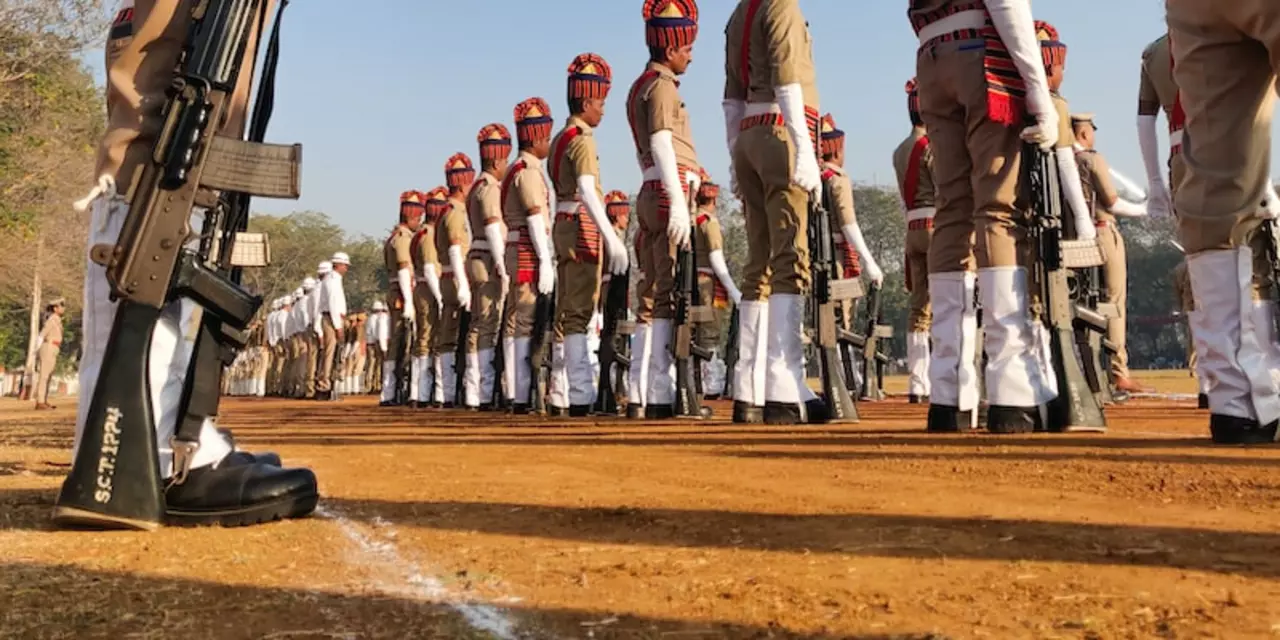Getting beaten up or witnessing one is frightening and confusing. If you or someone near you gets hurt, quick, calm action matters. Below I cover immediate steps, how to work with police and hospitals, and simple precautions to lower your risk in Delhi's busy streets.
First, move to a safe spot. Your safety comes before anything else. If you can, call for help — shout to draw attention or ask bystanders to call emergency services. Dial 112 (national emergency) or 100 for police. If the attacker is still nearby, keep distance and avoid confrontation.
Treat injuries sooner rather than later. Go to the nearest hospital or clinic. Ask for a medico-legal certificate (MLC) — this document records injuries and is essential for police cases and insurance claims. Even if wounds seem minor, get them checked; some injuries show up hours later.
Collect evidence: take photos of injuries, clothes, the spot where it happened, and any visible marks around. Note the time, location, and names or descriptions of witnesses. If someone filmed the event, ask for that video or phone details. Save all messages or calls that relate to the attack.
Go to the nearest police station to file an FIR (First Information Report). If officers refuse, insist politely and ask to speak with an officer-in-charge. If the station still resists, you can call 112 and explain you want an FIR registered. Keep a copy of the FIR and the MLC safe.
Be clear and factual when you talk to police. Mention injuries, witnesses, and any evidence you gathered. If you feel mistreated or see signs of bias, note the officer’s name and badge number. You can later complain to the superintendent of police or a police oversight body.
If the attacker is connected to law enforcement or influential people, take extra care: share your MLC and FIR copies with a trusted lawyer, a local NGO, or a family member. Public attention through local media or community groups sometimes helps push action, but weigh risks before going public.
After reporting, follow up regularly. Ask for copies of all documents, get case numbers, and keep records of every visit and call. If investigations stall, a lawyer can suggest next steps like a magistrate complaint or consumer rights petition depending on the case.
Preventive tips: avoid poorly lit or empty routes at night, travel in groups when possible, keep your phone charged, and share your location with a trusted contact. Use public transport during peak hours and prefer well-known routes. Self-defense training and simple awareness — watching exits, keeping headphones low — reduce risk.
Getting beat up is traumatic, but practical steps — quick medical care, clear evidence, and a proper FIR — protect you legally and physically. If you need help finding a lawyer, hospital, or support group in Delhi, local NGOs and helplines can guide you through the next moves.

The Indian police are known for their violent tactics in dealing with people in custody. There are several reasons why the police resort to physical violence, including a lack of resources and training, a lack of public accountability for their actions, and the fact that violence is seen as an easy way to extract confessions or information. This has led to an entrenched culture of impunity, where officers are rarely held to account for their actions and victims of police brutality have little recourse. This is a major human rights concern, and steps must be taken to ensure that police officers are held accountable for their actions and that people in custody are treated humanely.